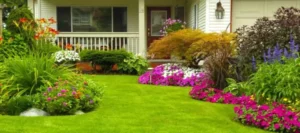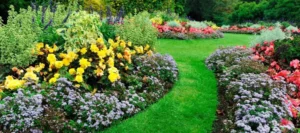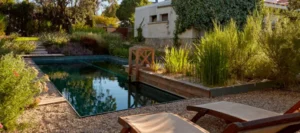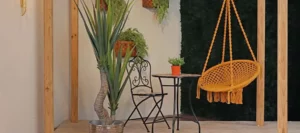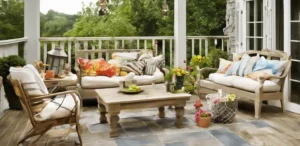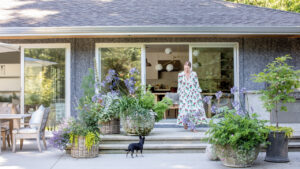Garden Designs That Match Your Lifestyle
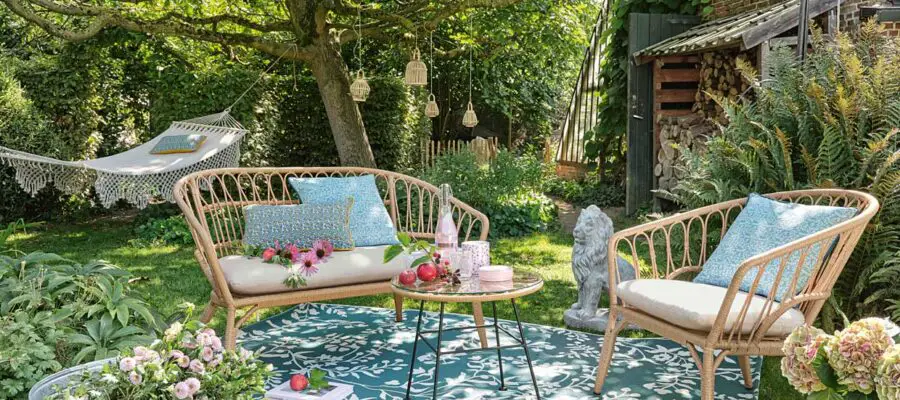
Your garden is a blank canvas where you can express your lifestyle and personality. A well-planned garden design not only adds beauty to your home, but also creates a space that reflects who you are and how you like to live. By choosing a garden design that suits your lifestyle, you can create an outdoor oasis that provides both aesthetics and functionality. In this article, we’ll explore how to design gardens that blend with your lifestyle, creating a unique and meaningful space.
Evaluate your Lifestyle
Before you start designing your garden, it’s important to assess your lifestyle and preferences. Consider the following:
1. Activities: What kinds of activities do you enjoy doing outdoors? This can include anything from relaxing in a quiet space to hosting get-togethers and barbecues with friends and family.
2. Maintenance: How much time are you willing to dedicate to maintaining your garden? Some designs require more care than others, so finding a balance that works for you is essential.
3. Aesthetics: Do you have a preferred style of decoration and design? Determine if you lean toward modern, rustic, classic, or other aesthetics to make your garden a cohesive extension of your home.
4. Functional Spaces: Identify what functional spaces you need in your garden, such as rest areas, entertainment, games or orchards.
5. Plants and Colors: Think about the plants and colors that attract you. Plants with personal meanings or colors that convey emotions to you can be a meaningful choice.
Designs that Match Different Lifestyles
Once you are clear about your lifestyle, you can explore garden designs that suit your preferences:
1. Tranquil and Relaxing Garden:
If you prefer a relaxed and calm lifestyle, a Zen or Japanese-style garden design may be ideal. Characterized by elements such as rocks, sand, water, and green foliage plants, this design creates a serene and meditative environment. It incorporates a meditation area, a soft water fountain and gravel paths that invite you to walk and disconnect.
2. Family and Social Garden:
If you enjoy spending time with friends and family outside, a garden design that includes entertainment areas will be perfect. Create patio spaces with comfortable seating, a barbecue grill and a play area for the little ones. Consider installing an outdoor fireplace or fire pit to add a cozy touch on cool nights.
3. Mediterranean-Inspired Garden:
If you love bold colors and rustic textures, a Mediterranean-inspired garden design may be appropriate. It uses natural stone, ceramic tiles, terracotta pots and heat-resistant plants to create an environment reminiscent of the coastal regions of the Mediterranean.
4. Modern Urban Garden:
If your lifestyle leans towards the modern and minimalist, an urban garden design may be the perfect choice. Opt for clean lines, geometry, paved surfaces and simple shaped plants. Potted plants and minimalist water features can add a sophisticated touch.
5. Ecological and Sustainable Garden:
If you value sustainability and respect for the environment, an ecological garden design can reflect your lifestyle. It incorporates native plants, recycled materials, and green gardening practices. Create habitats for wildlife and consider installing rainwater harvesting and composting systems.
6. Creative and Artistic Garden:
If you are a creative and artistic person, your garden can become a living work of art. Play around with the arrangement of plants in interesting patterns, add sculptures and art elements, and experiment with unique colors and textures.
7. Productive and Autonomous Garden:
If you are looking to grow your own food and live more autonomously, a productive garden design is ideal. Includes cultivation areas, orchards and composting. You can combine edible plants with flowers and herbs to create a functional and aesthetically pleasing garden.
Maintenance and Evolution
Once you have implemented your garden design, it is important to maintain it and allow it to evolve over time. As your needs and preferences change, you’ll be able to adjust and refine your garden so that it remains an authentic representation of your lifestyle.
Conclusion
Designing a garden that fits your lifestyle is an exciting opportunity to create a personal and meaningful space in your home. Whether you prefer the tranquility of a Zen oasis, the energy of a social garden, or the sustainable beauty of an eco-garden, there are endless possibilities to reflect who you are in your outdoor space. Taking your activities, preferences, and values into account, you can design a garden that becomes an authentic and harmonious extension of your lifestyle.

